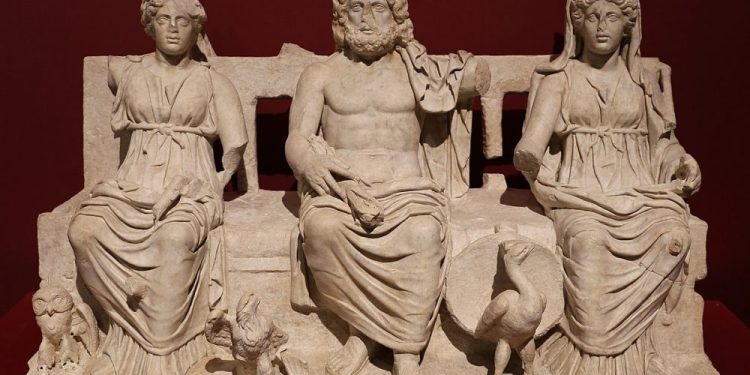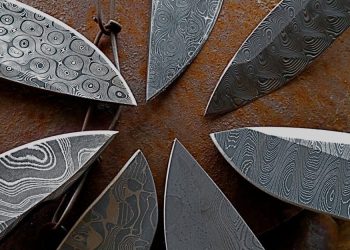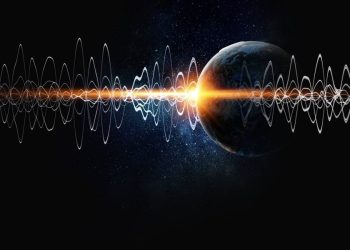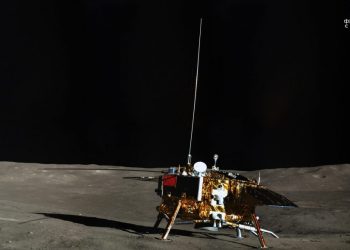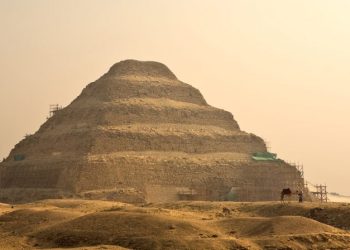The mythology and religious ideas of the ancient Romans were initially extremely simplistic. In other words, their ancient deities were few until the Romans adopted many of the Greek gods.
The most ancient deities were the “manes” – the spirits of the ancestors and the “penates” – patrons of the family. The patrons of the municipalities and their lands were called “lares” – the deities of the hearth.
In the process of merging with the Greek world and the adoption of numerous ancient deities, the Roman gods were identified with the Greeks as follows: Jupiter with Zeus; Juno with Hera; Diana with Artemis; Venus with Aphrodite; Victoria with Nike; Mars with Ares, Mercury with Hermes, etc.
Greek myths were also adapted, from which the myth of the exploits of Heracles, whom the Romans called Hercules, became especially popular. The Roman pantheon began to include Greek gods, who had no analogs in Roman mythology: Aesculapius, Apollo, and others. And later, some of the main Eastern cults also found their place in Rome – for example, the Egyptian cult of Isis and Osiris.
Which were the ten most important ancient deities worshiped by the Ancient Romans?
1. JUPITER
Jupiter was the supreme Roman god, king of gods and men, the best and greatest. He was identified with the Greek Zeus and accepted from him his many myths. Jupiter was the son of Saturn and Ops (Rhea), the brother and husband of Juno.
God of light and all celestial and atmospheric phenomena. God of lightning, storms, and hail. Guardian of the army. His temple on Capitoline Hill was built by the last king before the Roman Republic – Tarquinius, and after its burning during the time of Sulla, was built even more majestic. The main acts of state life were performed in it.
2. JUNO
Originally an Etruscan deity, and later as an Italian goddess, became a Roman equivalent of the Greek goddess Hera. Juno was the daughter of Saturn and Ops (Rhea), the sister of Ceres, Pluto, Vesta, Neptune, and Jupiter, to whom she was also a wife.
Juno was the goddess of marriage, conjugal love, patroness of married women, helper of pregnant. and postpartum women. She was also the patroness of Rome and the Roman state.
3. MINERVA
The ancient goddess of wisdom, arts, and crafts. She was the favorite daughter of Jupiter.
According to the legends, she was born without a mother, coming out brilliant with her beauty, fully armed from Jupiter, after Vulcan split his head.
Minerva protected all brave and sensible heroes. An analog of Minerva in Greek mythology is Athens.
4. NEPTUNE
The ancient deity of the sea and running water. Neptune was the son of Saturn and Ops (Rhea), the brother of Jupiter.
Horse and chariot races and celebrations called “Neptunalia” were held in his honor every year in Rome. The Romans built the first temple of Neptune after the important victory during the naval battle at Actium in 31 BC.
The Greek equivalent of Neptune is Poseidon.
5. VENUS
The ancient Roman goddess of spring, and later – of beauty, love, and life. She was born out of sea foam.
Venus was the wife of the god Vulcan and the mother of Cupid. She cheated on Vulcan with Mars and mortals – Adonis, Anchises, and many others.
An analog of Venus in Greek mythology is Aphrodite.
6. MARS
The ancient deity of war, son of Jupiter and Juno. He was one of the most ancient deities worshiped by the Romans, who believed that he was the father of Romulus, the founder of Rome.
He was originally revered as the god of agriculture and the first month of spring (mars = March) was dedicated to him. Later on, he became a god of unbridled militancy, of bloody, and devastating battles.
The Greek equivalent of Mars is Ares.
7. APOLLO
In Roman mythology, the cult of Apollo passed through the Greek colonies, along with the Sibylline books, around the 5th century BC. Apollo was the most popular god in antiquity.
God of light, keeper of the herds, inventor of the art of the bow, patron of agriculture, purification and healing, music and song, the awakener of sacred poetic and prophetic inspiration, leader of the muses.
His common sobriquets include the son of Jupiter and Latona, twin brother of Diana. Father of the healing god Aesculapius and many fortune tellers and heroes.
Apart from being a protector, he also manifested himself as a terrible god, because he harmed people with his fiery arrows – the sun’s rays.
8. MERCURY
Mercury was the messenger of the gods, god of eloquence, merchants, and thieves.
In 495 BC. in Rome, on the opposite side of the Aventine Hill, a temple of Mercury was erected, in which Roman merchants held their meetings.
As a messenger of the gods and especially of Jupiter, he was depicted with a scepter equivalent to the Staff of Hermes. After all, the Greek equivalent of Mercury is Hermes.
9. DIANA
Diana was an ancient deity, daughter of Jupiter and Latona, sister of Apollo, the immaculate goddess of hunting, the moon and night magic.
Accompanied by wild animals, with a bow and quiver of arrows, she wandered through forests and mountains, along with mountain nymphs. She protected young unmarried women and ruthlessly punished the troublemakers of virginity.
Diana’s Greek equivalent is Artemis.
10. VULCAN
Vulcan was the name of the ancient deity of destructive fire and blacksmithing. He was the husband of the most beautiful Roman goddess – Venus. His workshops were located deep underground in the volcanic areas of Mount Etna in Sicily and the Aeolian Islands.
In them, together with the Cyclops, he carried out the orders of the gods – he forged lightning for Jupiter, arrows for Diana, and weapons for the distinguished heroes.
The equivalent of Vulcan in Greek mythology is Hephaestus.
Join the discussion and participate in awesome giveaways in our mobile Telegram group. Join Curiosmos on Telegram Today. t.me/Curiosmos



